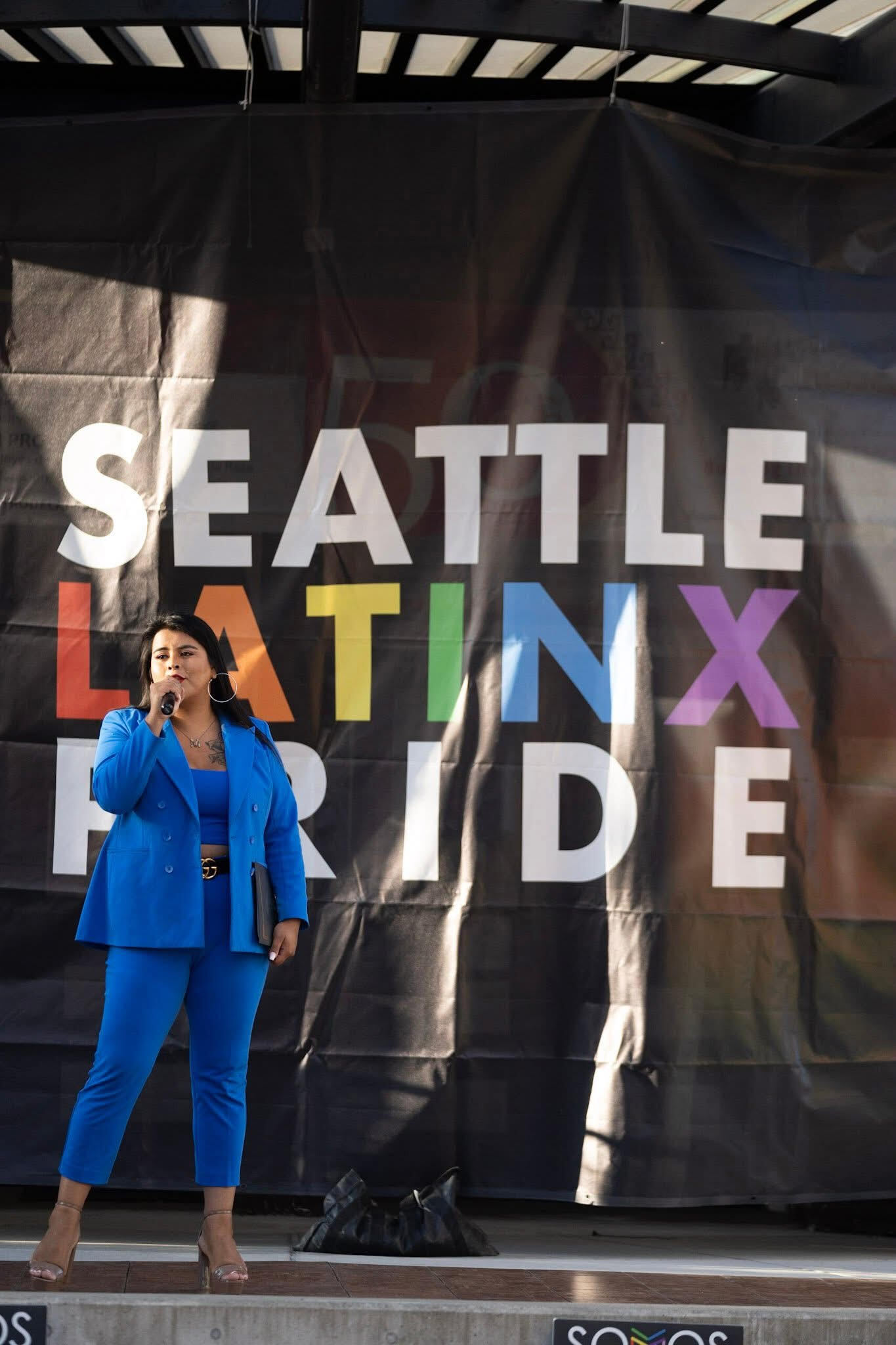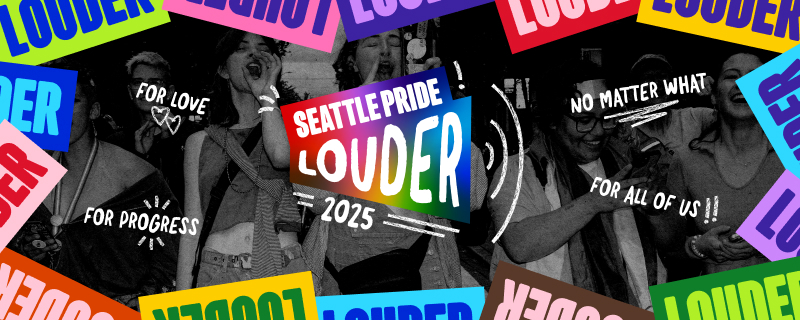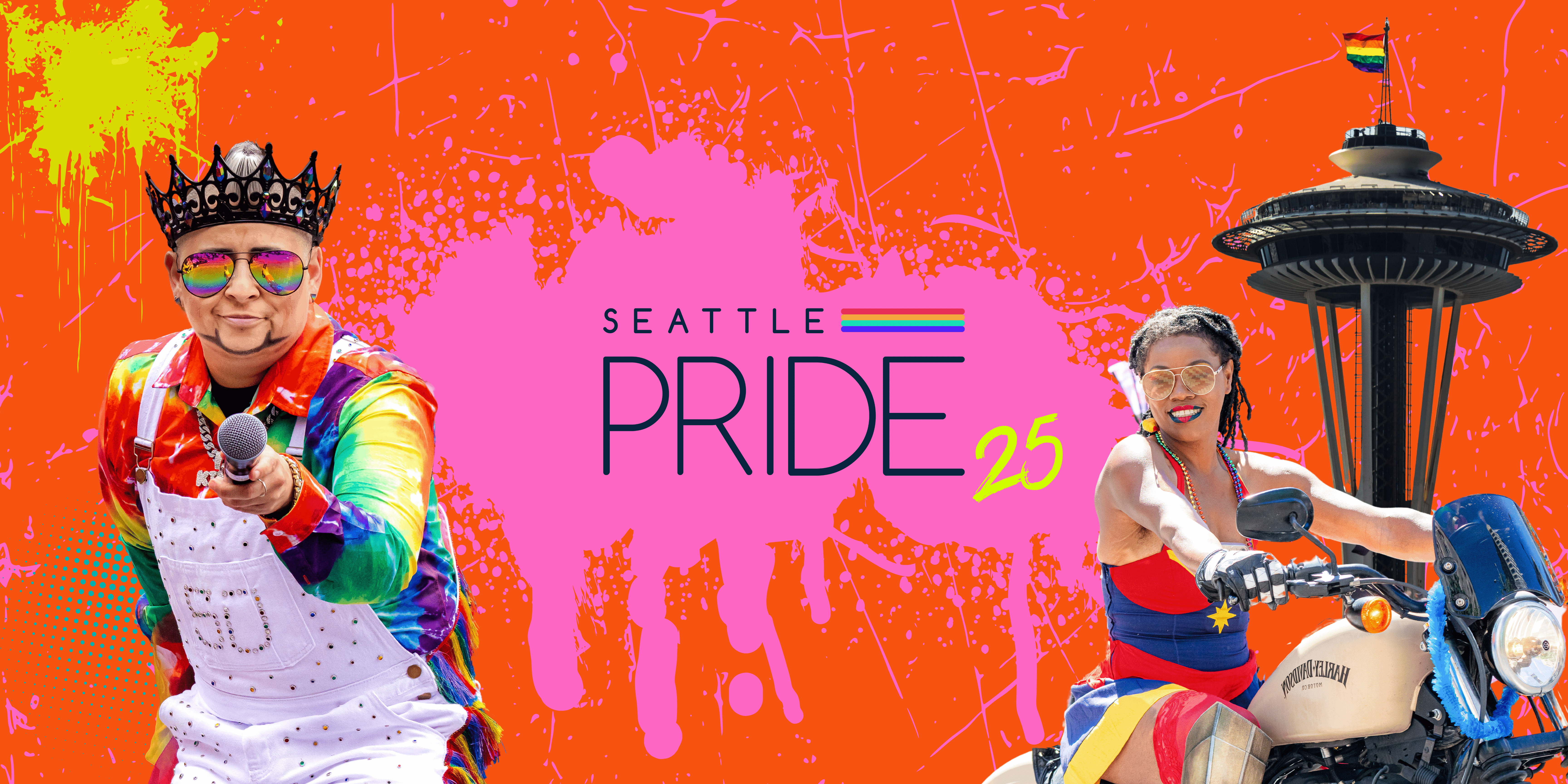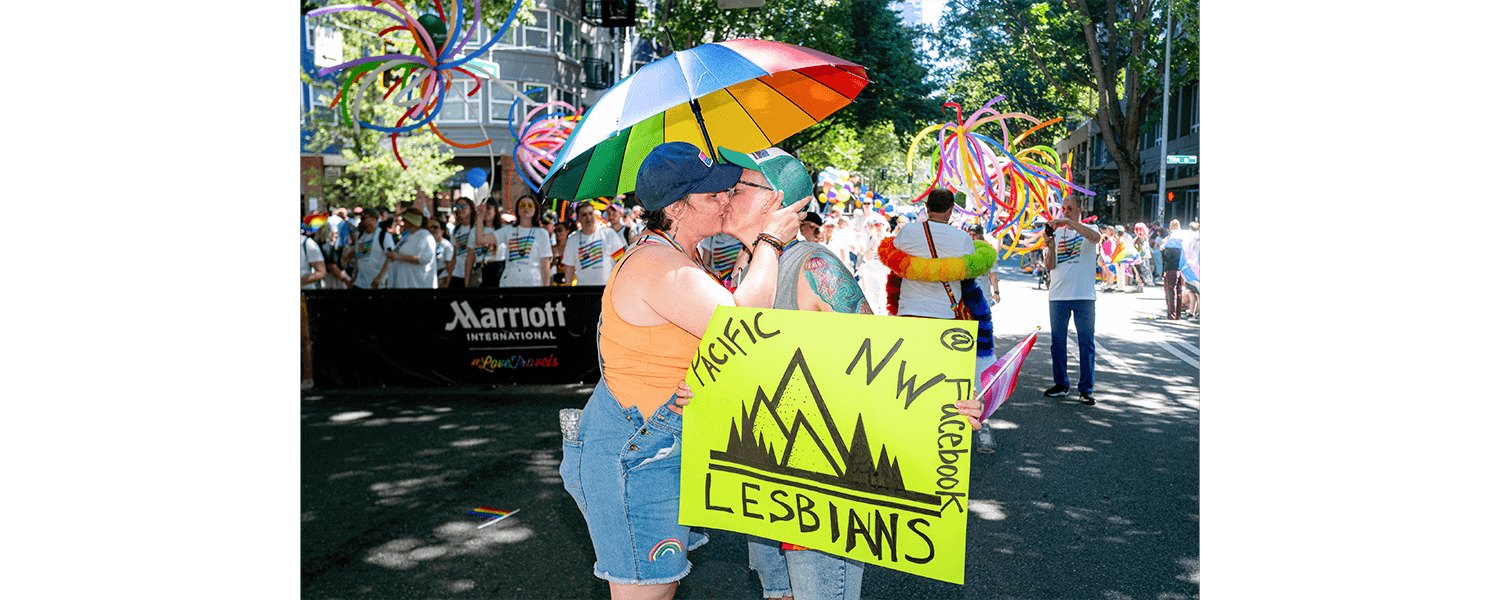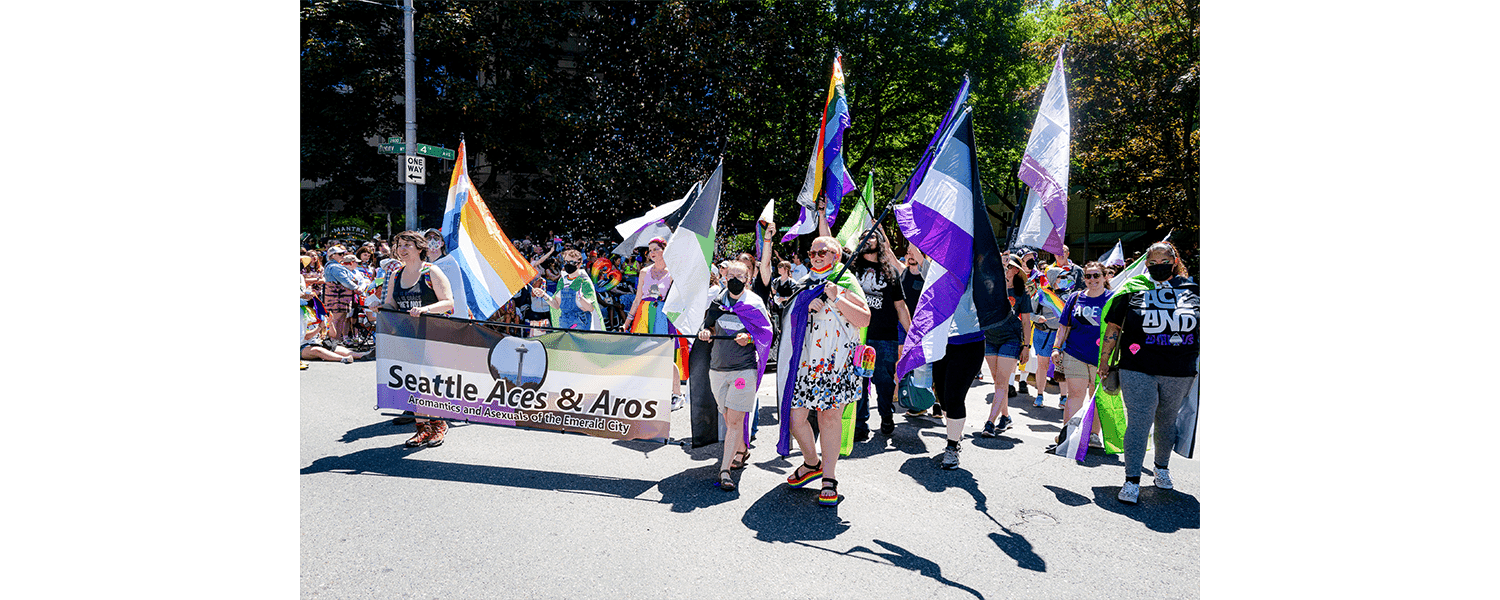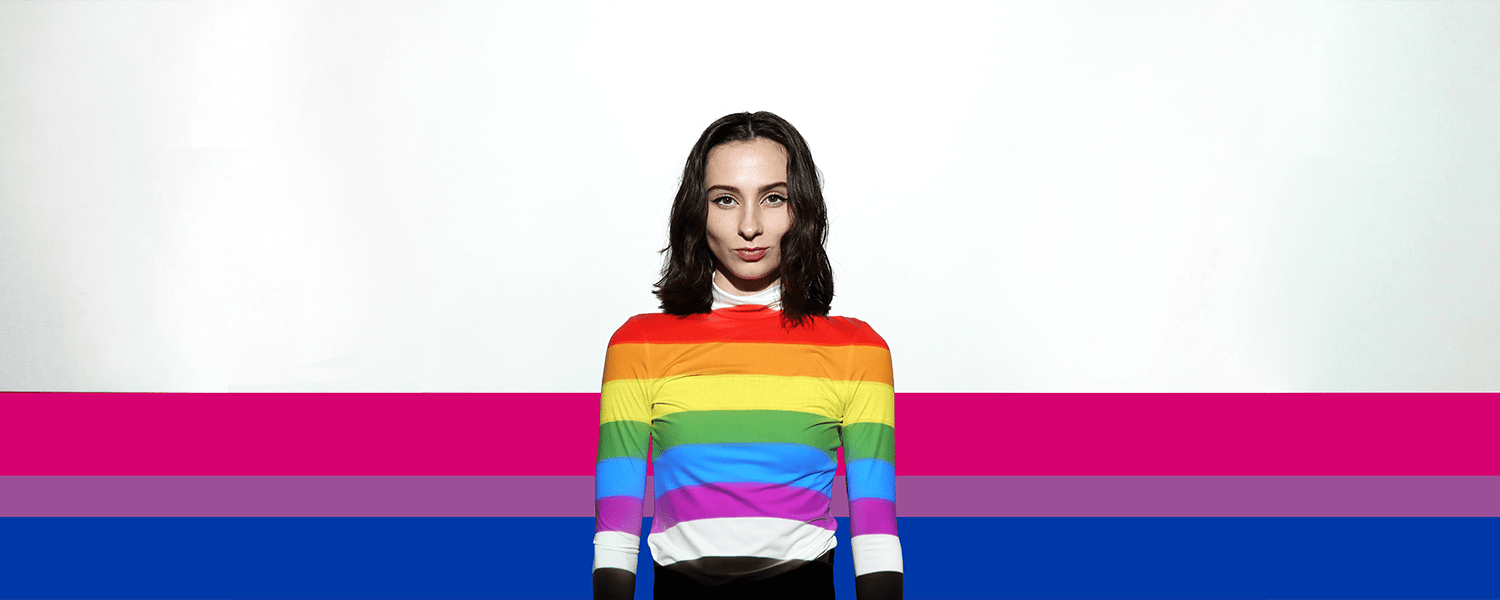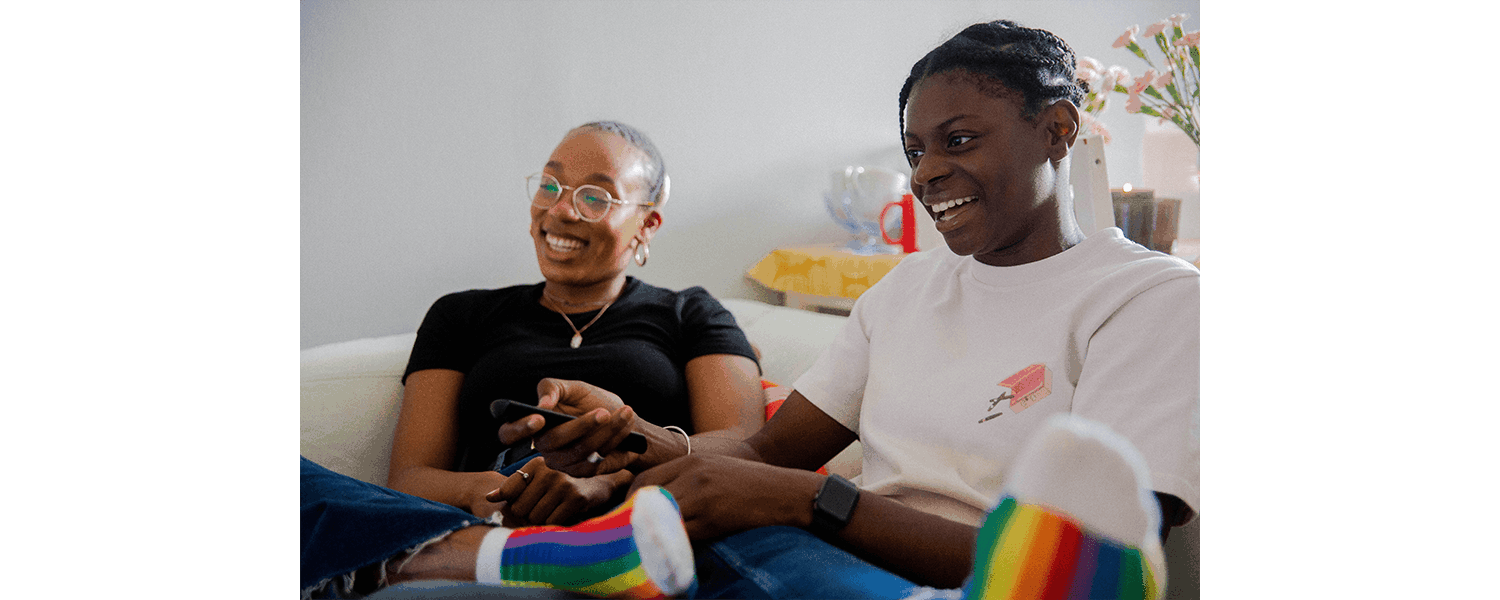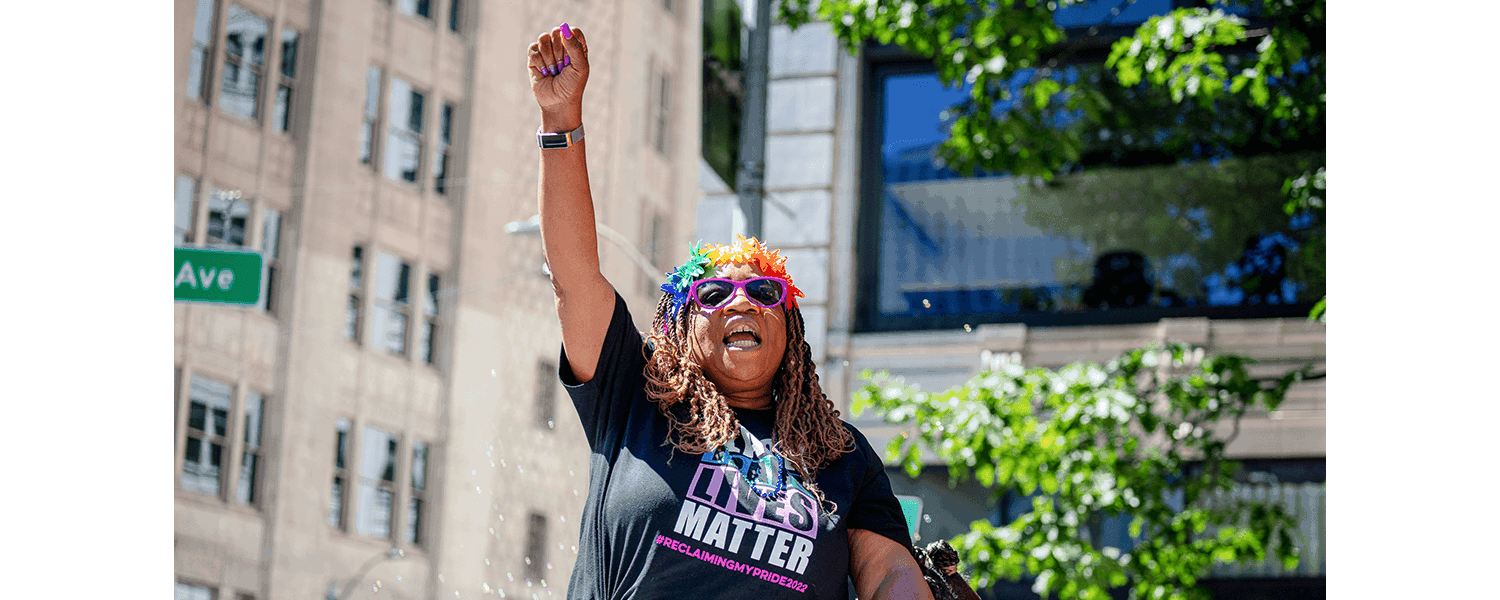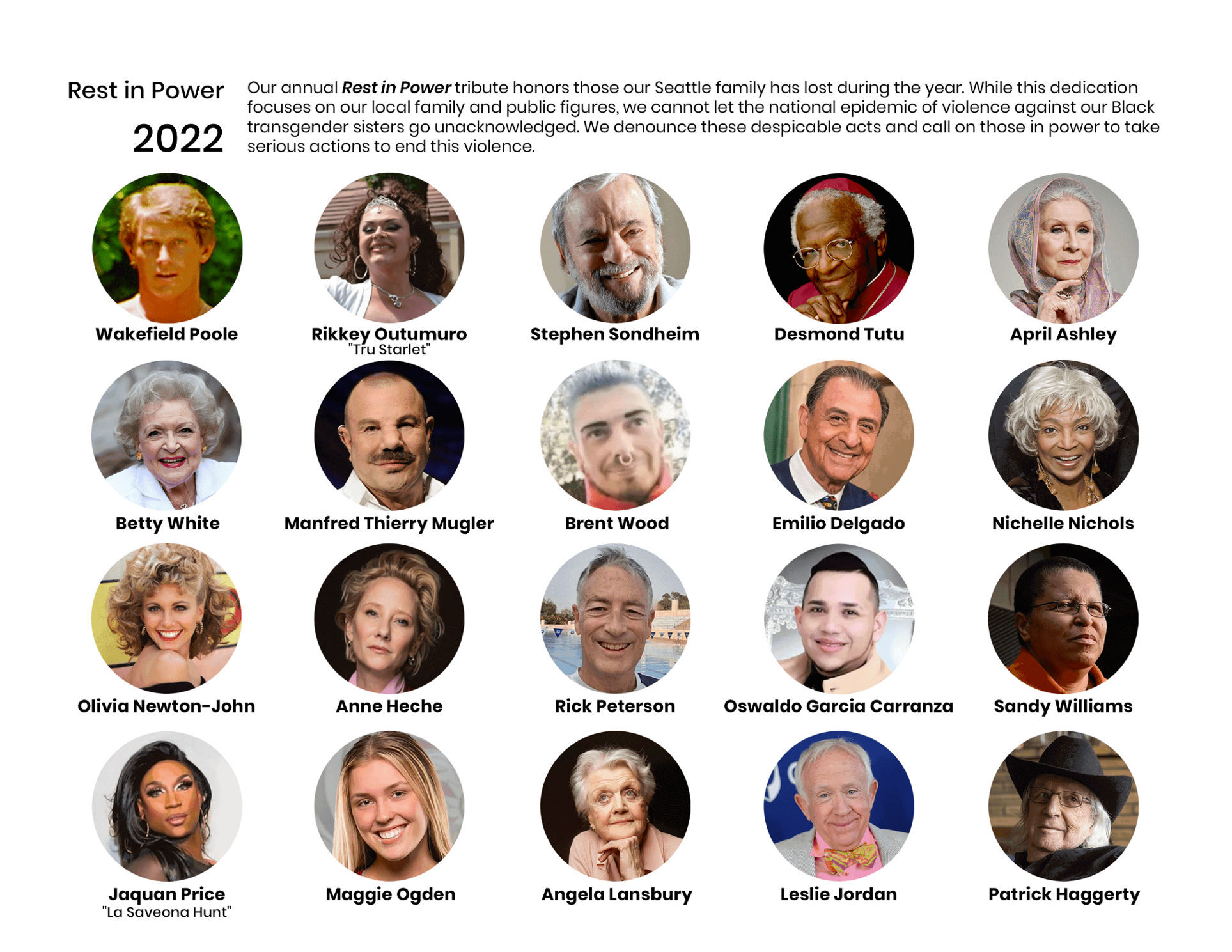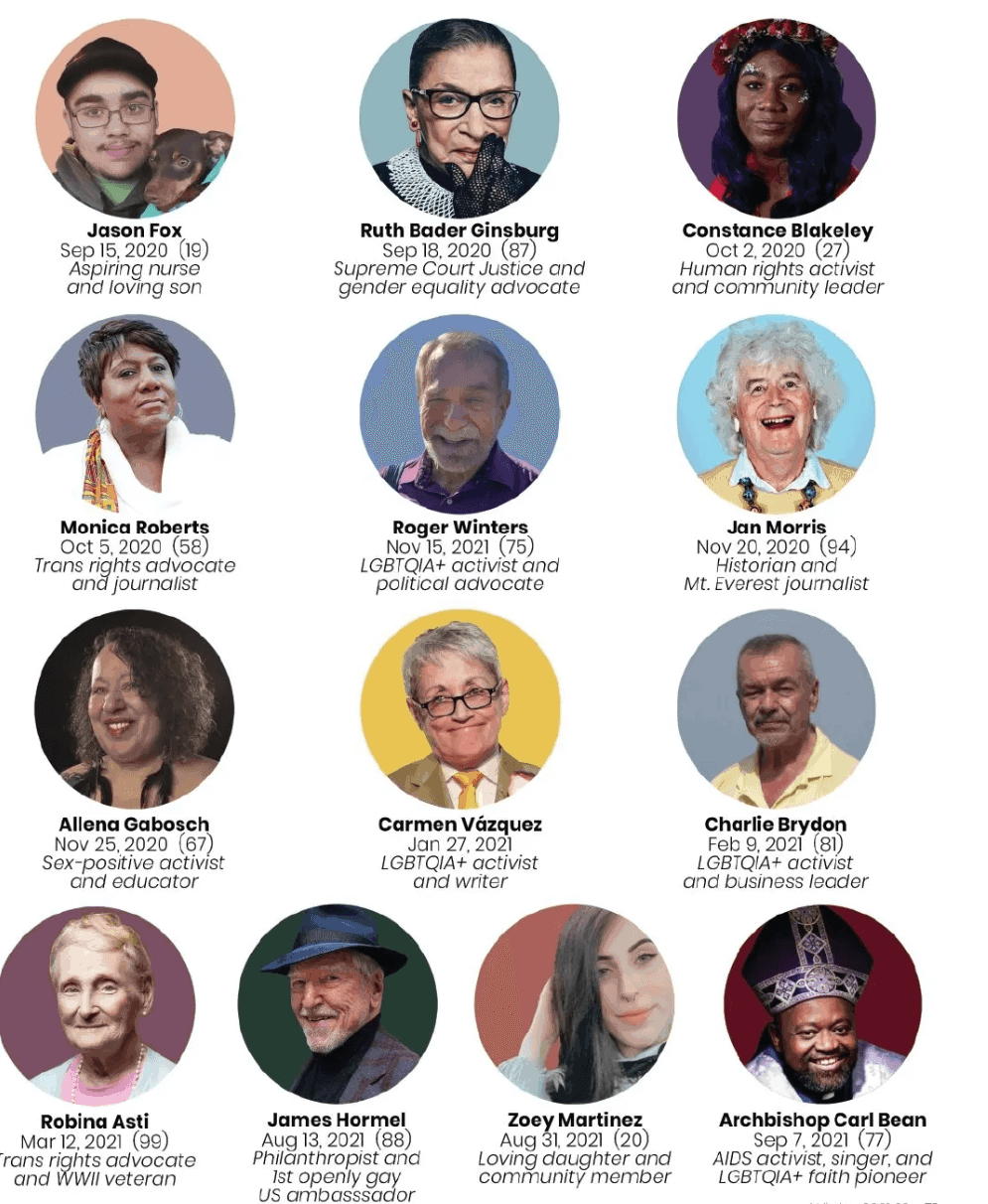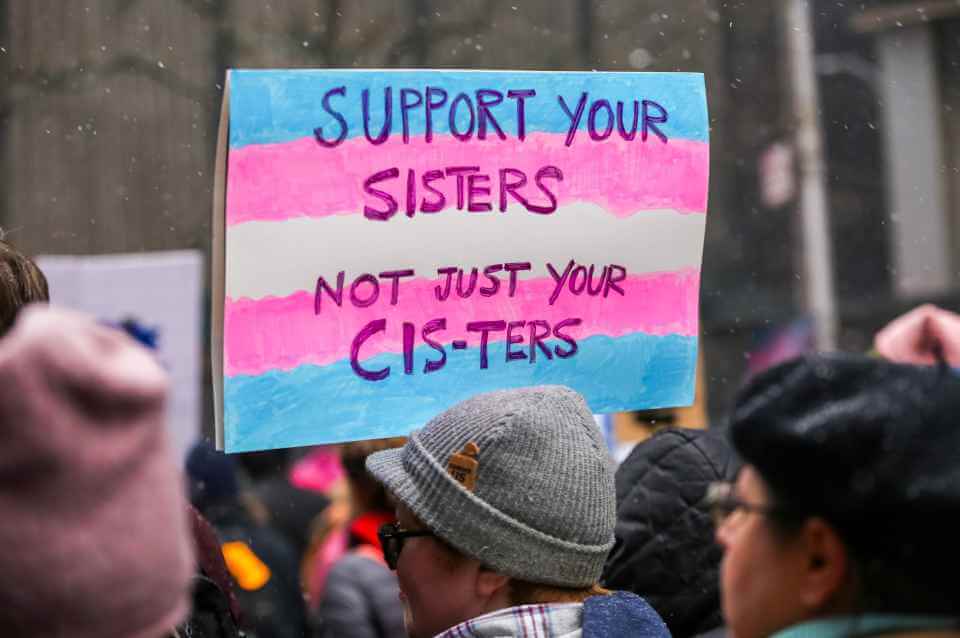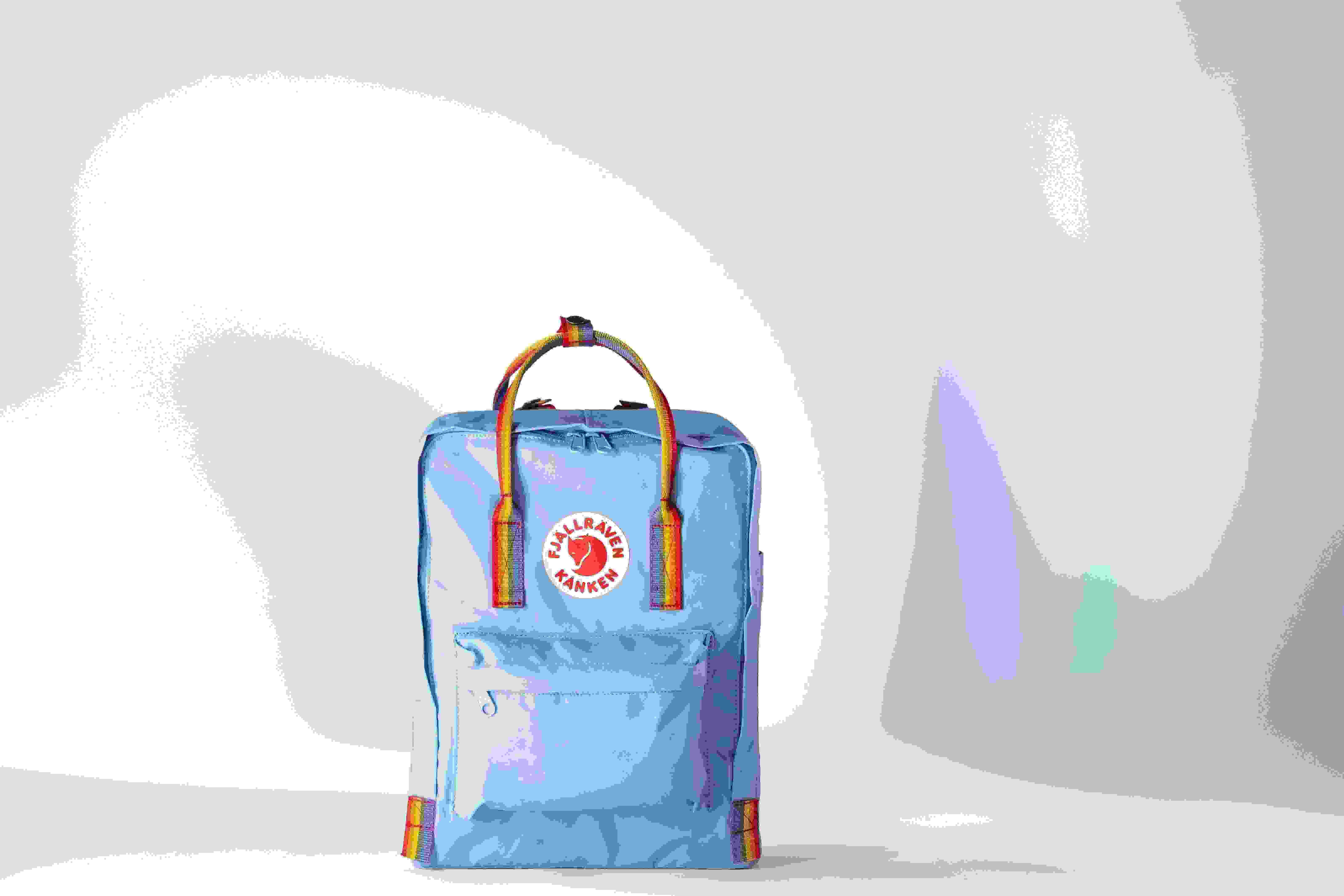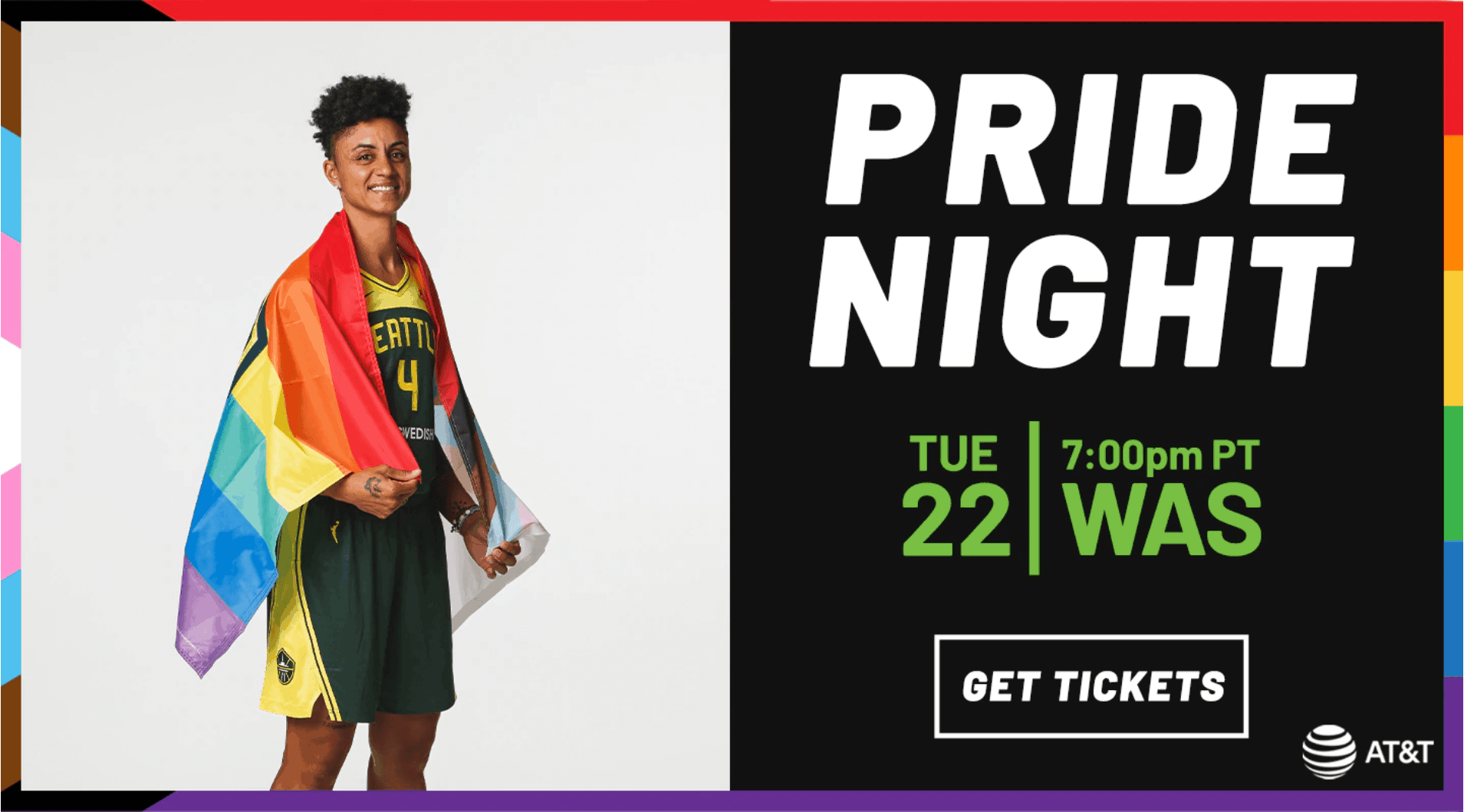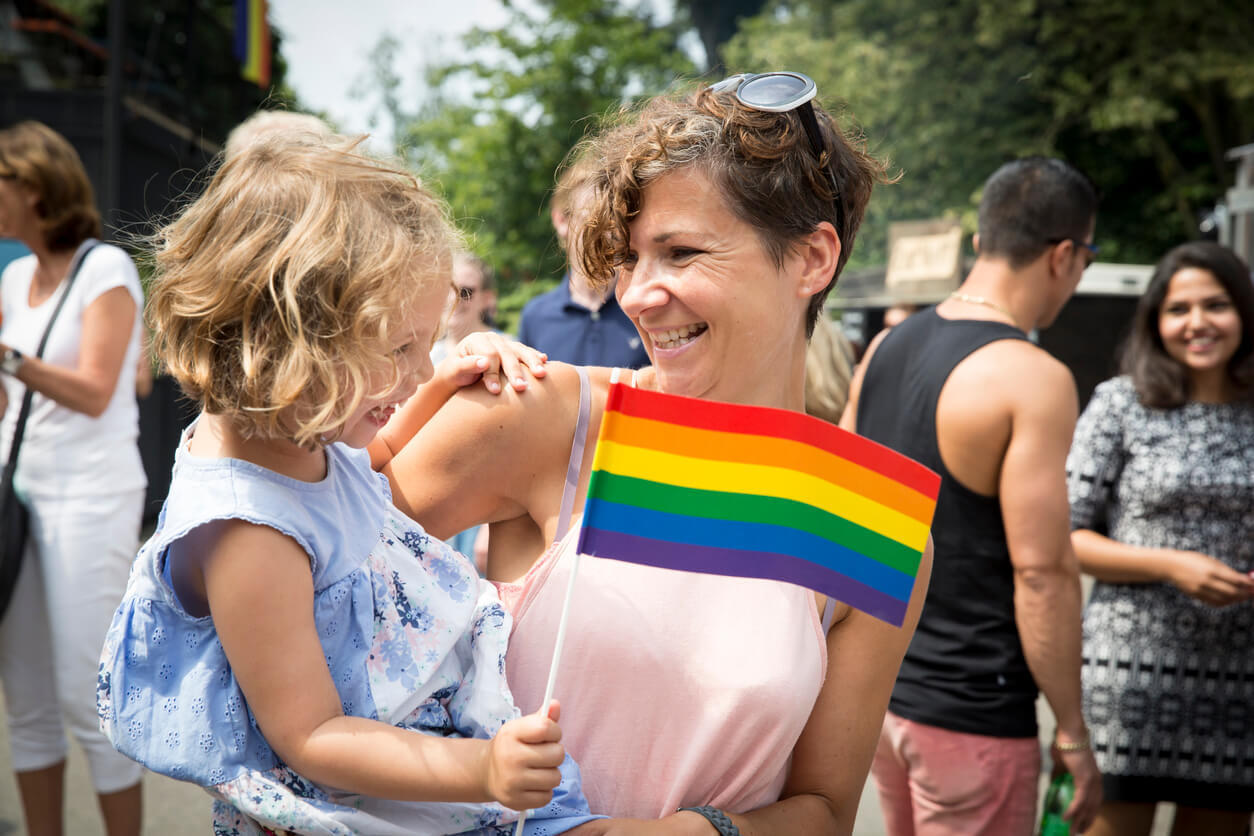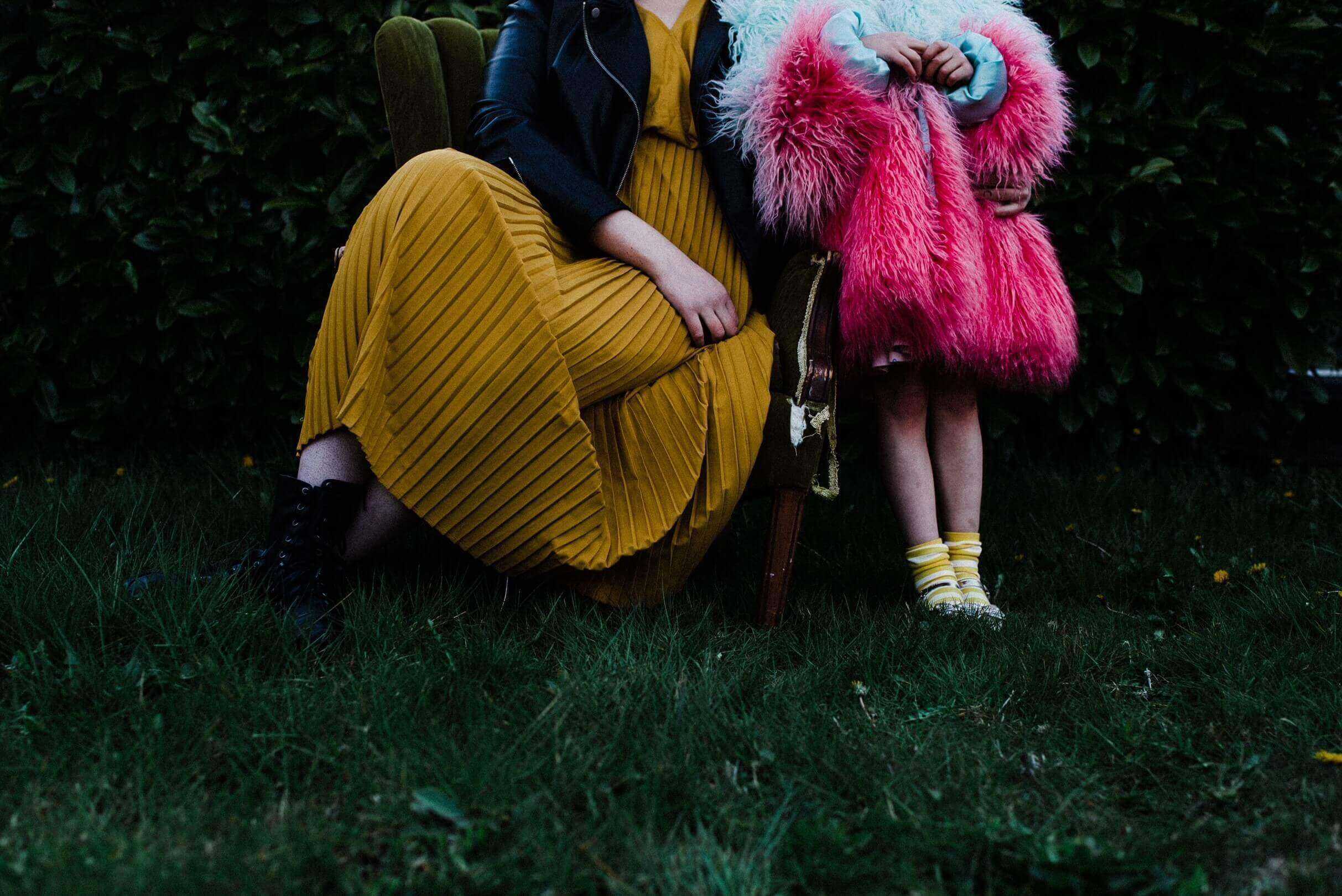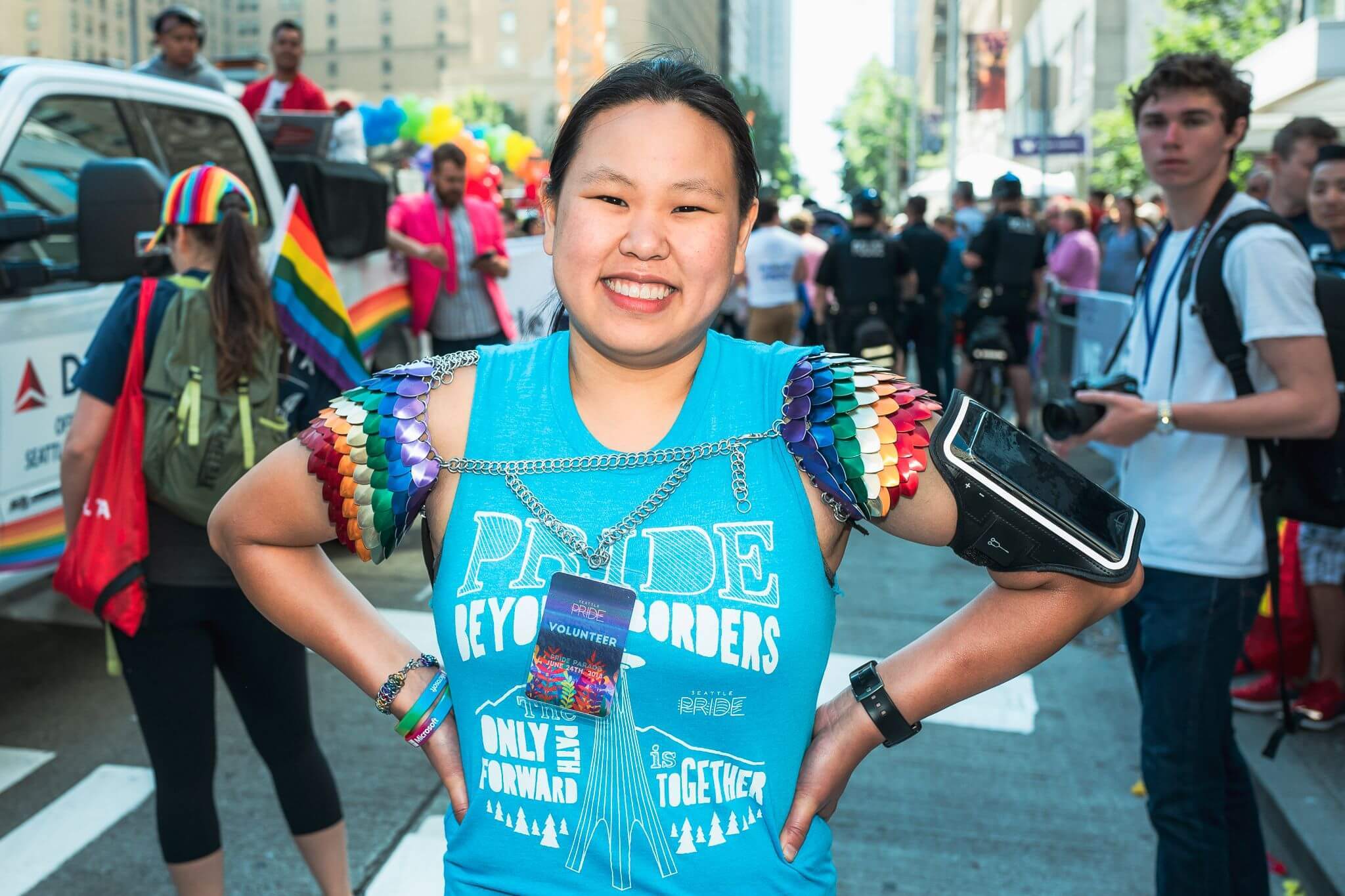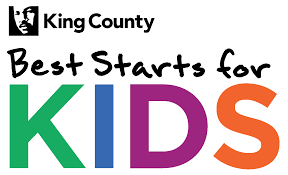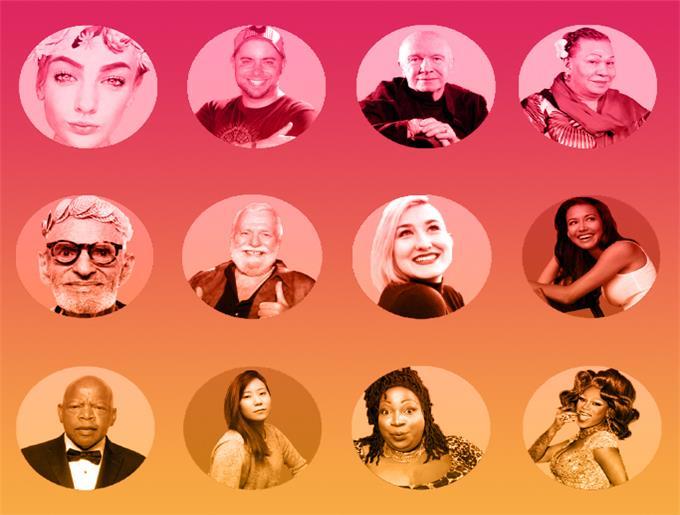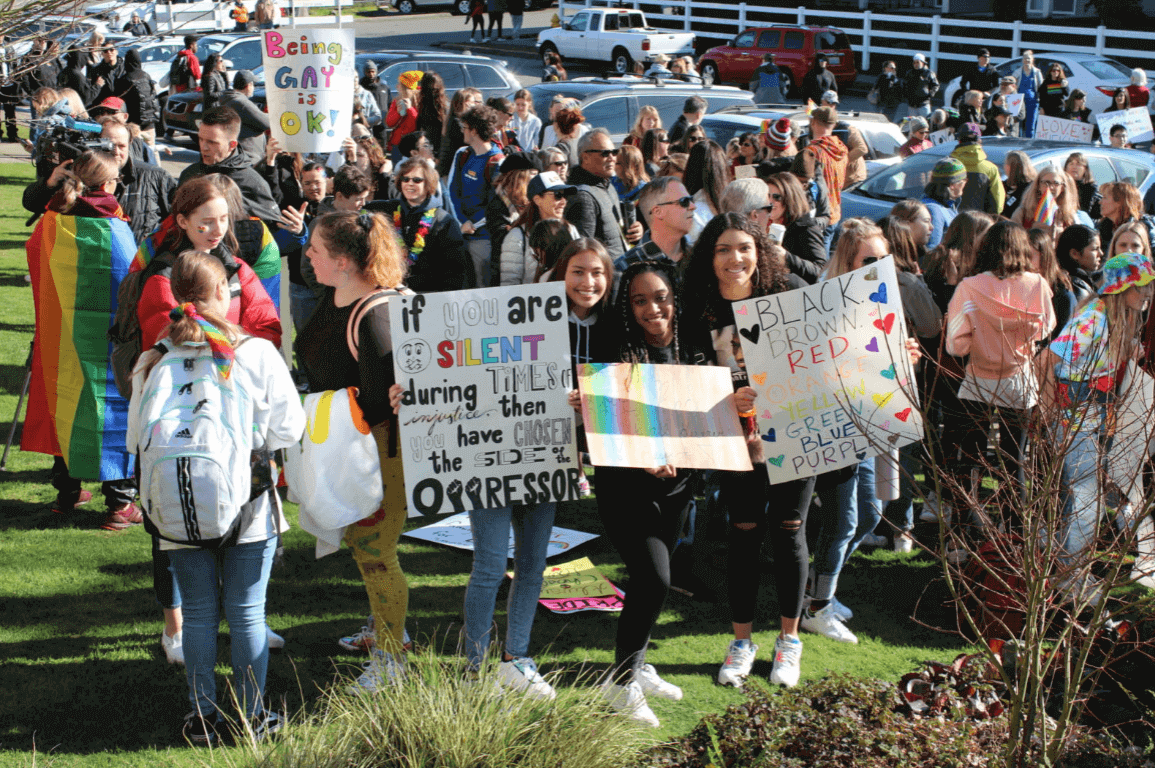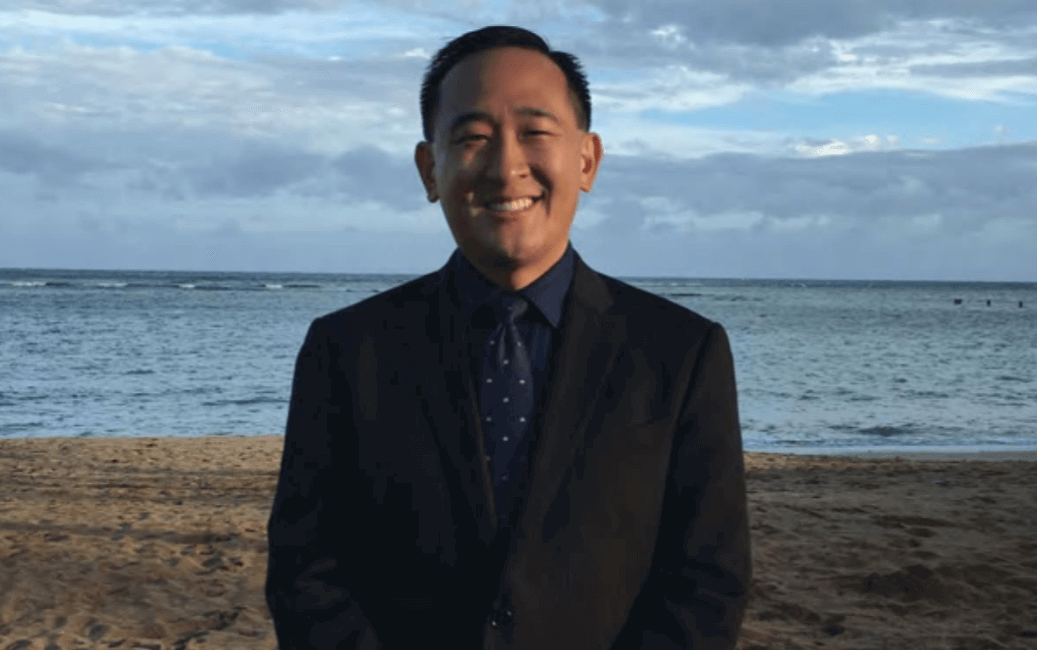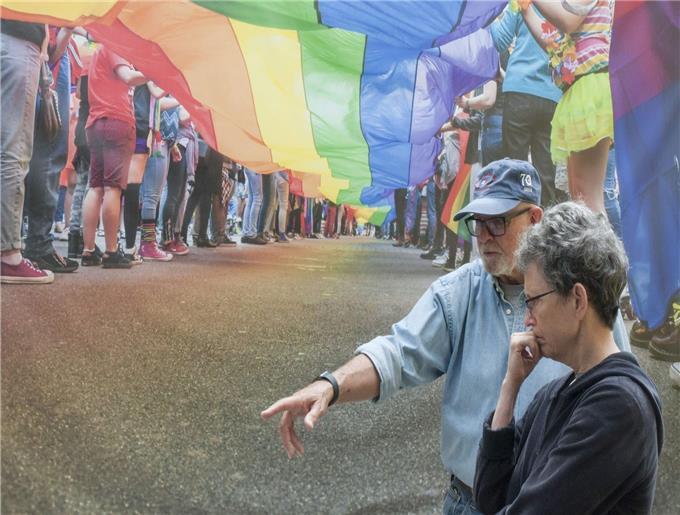
Seattle Pride Magazine - Vashon Island’s Long, Quiet LBGTQ History Comes Out
Jun 17, 2020 | Seattle Pride
As featured in the June 2020 issue of Seattle Pride Magazine, available for free at businesses in Seattle and online.
In and Out Exhibit Celebrates the Island Community’s Early Embrace of LGBTQ People
Accessible by ferry from West Seattle, Southworth (near Port Orchard) and Tacoma’s Point Defiance, rural Vashon Island has a population of only about 10,000 full-time residents – it also has the state’s highest percentage of LGBTQ heads of households according to the last two census records.
While Vashon has the highest per capita population of LGBTQ people in the state (and one of the highest in the country), it doesn’t have a cohesive queer community the likes of Capitol Hill or other gay enclaves. Instead, the island has long been home to an assortment of families, individuals, artists, entrepreneurs, gardeners, chefs, organizers and public servants who identify themselves as LGBTQ. As a result, Vashon’s quiet LGBTQ history has largely gone unknown outside of the 80-square-mile island community.
Despite the low profile, Vashon has been a haven for queer artists, musicians, authors, performers and activists including poet and filmmaker James Broughton (1913-1999) the subject of the award-winning documentary Big Joy produced on Vashon, was known for attending queer Thanksgiving parties on the island.
The community has also been at the forefront of equal rights for its LGBTQIA+ friends and neighbors. In 1979, an island resident established the Tacoma Lesbian Concern, the oldest, continuously operating lesbian organization serving south Puget Sound. In the early 1990s, Vashon’s collective coming out began with a small group of LQBTQIA+ members, called Vashon Friends of Stonewall. With postcards sent around town requesting, “come out, come out, whoever you are,” the group still exists as Vashon Pride Alliance. In 2006 Vashon High School was an early adopter of a school-based Gay-Straight Alliance (now called the Queer Spectrum Alliance), becoming the school’s largest club. And for many years, the Seattle Men’s Chorus held its annual retreats at Camp Burton on the island’s south end.
“The story of how Vashon’s LGBTQ community became such an integral part of the larger Island community is a story that needs to be widely shared,” said Bruce Haulman, Vashon-Maury Island Historical Association board member and noted local historian. “It’s a story of what’s possible when neighbors get to know neighbors and the shackles of fear, prejudice, and LGBTQ-phobia are shattered. No place is perfect, and we still have a long way to go, but the Vashon example is a model for acceptance that any community can accomplish.”
Haulman’s hope for telling the island’s story materialized when the Vashon-Maury Island Historical Association, which runs the local museum, opened the exhibit, IN and OUT: Being LGBTQ on Vashon Island. The popular exhibit, scheduled to run through June, explores the rich history of LGBTQ people on Vashon Island – their challenges, contributions and visions.
IN and OUT is co-curated by Ellen Kritzman and Stephen Silha, who worked alongside Haulman with support from a community advisory board. Kritzman and Silha interviewed more than 25 people, spoke with old-time Islanders, issued a questionnaire asking about LGBTQ life, assembled a multi-generational advisory committee, and holding “story circles” for LGBTQ community members who wanted to share their personal journeys.
In preparation they researched articles and family histories, searched for film and videos, and gathered multiple photos, artifacts and cultural ephemera to create a powerful and compelling journey through LGBTQ life on Vashon over the decades.
“It has been an enormous privilege to have folks be willing to be fully out of the closet, and open up their lives to us. We hope we’ve made the exhibit interesting and impactful for everyone, gay and straight and everywhere on the spectrum,” Kritzman and Silha wrote in their curators’ statement. They added, “Along the way, we found many folks believe it’s important we create opportunities to come together and celebrate as a cohesive community.”
The exhibit includes a timeline of LGBTQ milestones, an AIDS memorial garden, a display curated by the Queer Spectrum Alliance, and a honeycomb of stories about the island’s queer history which honors the very first island residents, the sHebabS people, noting many indigenous cultures honored Two Spirit members within their societies. Living and loving in gender fluidity and same-sex relationships, they were revered by their communities, playing crucial roles in ceremonial and daily life until European colonization.
The exhibit opens with River of Gold, a poem by the late artist, gay historian and Vashon resident Don Paulson, calligraphed by artist Gordon R. Barnett. Paulson recorded his life and others’ in paintings, drawings, books, letters and archives now housed at the University of Washington and at MOHAI. Paulson penned the gay history column for Seattle Gay News for many years and contributed to the Northwest Lesbian & Gay History Museum Project. Other materials came from the archives of the Vashon Gay Pride Alliance and other islanders.
Many of the personal stories and photos were used for the exhibit, along with several artifacts. One such artifact was the disco ball from Shelly’s Leg, an early gay bar in Seattle’s Pioneer Square which eventually became Tugs when it moved to Capitol Hill, where Madonna danced under it when she was in town filming A League of their Own. Earlier, when it hung at Tootsie’s Vintage Clothing Store, it is said that k.d. lang, Curt Cobain, Courtney Love, Chris Isaac, Wynona Ryder, Joe Jackson and Dale Chihuly shopped under it. The ball has since lived on Vashon for many years, in an islander’s attic.
Some other aspects of the exhibit were more painful, such as stories of hate crimes toward islanders, including the shooting death of the dogs of the town’s first female newspaper editor, who moved to Vashon in 1947 with her then same-sex partner. As recently as the 1990s, a Vashon Gay Pride Alliance street sign was defaced and had to be replaced – serving as an important reminder that the march continues everywhere for equality, acceptance and inclusion.
A dedicated corps of volunteer advisors and curators worked together to create IN and OUT with the goal of helping each visitor step into the experience of living as an LGBTQIA+ person on Vashon, and highlighted both the joyful and painful parts of that experience over decades. IN and OUT illuminates a hidden part of history, one that challenges viewer perceptions and opens minds.
The exhibit will run through June 2020 (depending on state COVID guidance) and can be experienced online at http://vashonpride.com/tour-the-exhibit/.

